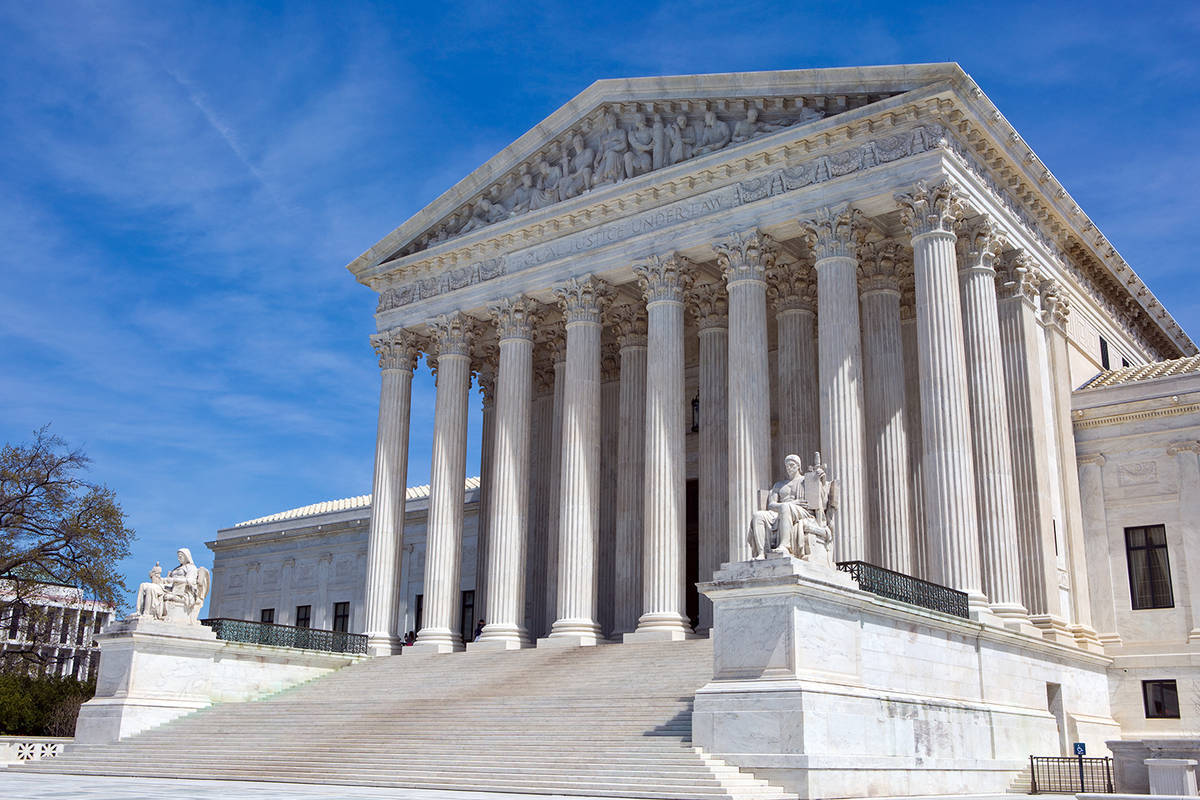McConnell vowed to push Court nominee, but might not have votes
U.S. Senate Majority Leader Mitch McConnell, R-Kentucky, vowed to hold a vote on a replacement for deceased Supreme Court Associate Justice Ruth Bader Ginsburg, but the big question is whether he has the votes to confirm a justice only six weeks before the presidential election.
Two Republican senators, Lisa Murkowski of Alaska and Susan Collins of Maine, recently said that they would not vote for a Supreme Court nominee if a justice died or retired close to the presidential election.
Sen. Mitt Romney, R-Utah, is also likely to oppose any nominee put forward this close to the election.
McConnell has a 53-47 majority in the Senate, so he can technically afford to lose three Republican votes, because Vice President Mike Pence could break a tie and cast the deciding vote. But there are a lot of other unknowns. Sen. Chuck Grassley, R-Iowa, said in 2018 that if he was chairman of the Senate Judiciary Committee, he would not bring up a Supreme Court nominee in an election year. But Grassley’s comments were not an ironclad pledge not to vote for a nominee in an election year.
In addition, the Judiciary Committee is now chaired by Sen. Lindsey Graham, R-S.C., who has already flip-flopped on the issue. In 2018, Graham said, “If an opening comes in the last year of President Trump’s term, and the primary process has started, we’ll wait to the next election.” But this past May, Graham reversed himself, saying that the standard was whether the Senate was held by a party different than that of the president.
This is the same justification that McConnell used Friday night to justify his push forward with a nominee for Trump, despite having stonewalled President Barack Obama’s nominee in 2016 when conservative Justice Antonin Scalia died in February of the election year.
But McConnell’s main argument for blocking Obama’s nominee after Scalia died — which was an enormous break with Senate norms — was that the Senate should not vote on a nominee during an election year.
“The American people should have a voice in the selection of their next Supreme Court Justice. Therefore, this vacancy should not be filled until we have a new president,” McConnell said hours after Scalia died, ignoring that the voice of the American people elected Obama in 2012 to a four-year term. McConnell’s initial statement said nothing about divided government.
“We know what would happen if the shoe was on the other foot. We know what would happen. A nominee of a Republican president would not be confirmed by a Democratic Senate when the vacancy was created in a presidential election year. That’s a fact,” McConnell said, ignoring the fact that the Democratic-controlled Senate confirmed Anthony Kennedy, a nominee of Republican President Ronald Reagan, by a 97-0 vote Feb. 3, 1988. McConnell was a senator at the time.
There are a number of other Republicans who might theoretically vote against a nominee. However, if Democrats have learned anything from the Trump era, it has been that when Republicans have to choose between principle and Trump, Trump usually wins.
















